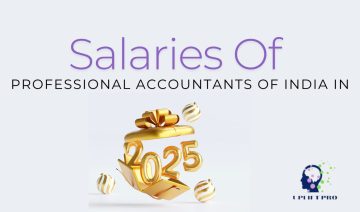Finance vs. Accounting: Understanding the Differences and Choosing the Right Path
In the realm of business careers, finance and accounting stand as two pillars of financial expertise. Though they intersect in their use of numbers and economic principles, they diverge in purpose, skillsets, and career trajectories. This article delves into the distinctions between finance and accounting, explores who should pursue each, and highlights globally esteemed credentials […]




